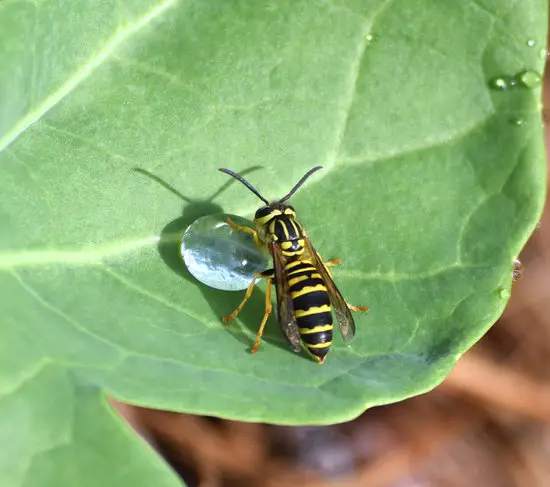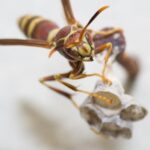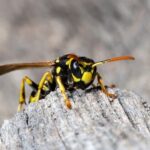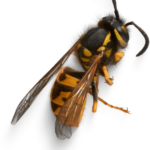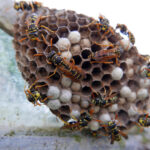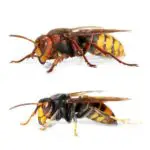Can Wasps Cause Anaphylaxis?
Getting stung by a wasp isn’t something to take lightly. It can be a painful experience and it can cause a serious allergic reaction called anaphylaxis.
It’s important to understand the symptoms of anaphylaxis and how to prevent a severe allergic reaction. Anaphylaxis is a serious condition that can be life-threatening. You should seek immediate medical attention if you develop any of the following symptoms.
In anaphylaxis, your body’s immune system goes into shock. This is when your blood pressure drops and you lose consciousness. Your body then stops producing adrenaline, which helps to keep your blood pressure normal.
When you get stung, you can expect to experience symptoms such as itching, redness, and swelling. These symptoms will usually go away in a few hours. However, if the swelling is severe, you should seek medical attention immediately.
If you’re concerned that you’re allergic to wasps, you can go to an allergy clinic in your local area. They can confirm your allergy and offer you treatment to reduce your risk of developing anaphylaxis in the future. They can also recommend treatment such as allergen immunotherapy, which switches off your allergy over time.
Allergen immunotherapy is a treatment that is very effective at preventing severe allergic reactions. If you are allergic to wasp stings, you may also be allergic to bee stings. If you are allergic to both types of stings, you will need to take antihistamines to reduce the symptoms. Antihistamines have side effects, though. They can also make your stomach upset. If you are pregnant, you should avoid antihistamines with decongestant ingredients.
